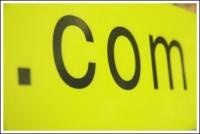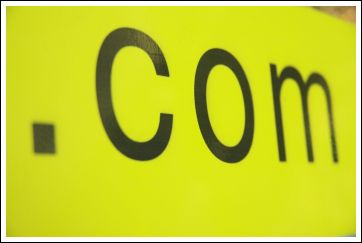 Since the United States banned payments to online gambling firms under the Unlawful Internet Gambling Act (UIGEA) there has been much controversy surrounding various sites. Some decided to go away and not come back in the same guise. Others stayed and ultimately payed a hefty price. Then there were the ones that got scared off by the big bad Star Spangled Banner-clad wolf and paid up for past misdemeanors. Whilst the companies may have been taking bets in this jurisdiction there’s still a huge bone of contention relating to where domains are registered and how the U.S. uses its laws beyond its own borders.
Since the United States banned payments to online gambling firms under the Unlawful Internet Gambling Act (UIGEA) there has been much controversy surrounding various sites. Some decided to go away and not come back in the same guise. Others stayed and ultimately payed a hefty price. Then there were the ones that got scared off by the big bad Star Spangled Banner-clad wolf and paid up for past misdemeanors. Whilst the companies may have been taking bets in this jurisdiction there’s still a huge bone of contention relating to where domains are registered and how the U.S. uses its laws beyond its own borders.
A Circleid.com article entitled Problems With Defining Jurisdiction on the Internet by David Maher, explores the intricacies the traditional definition of a “jurisdiction” now suffers from in the age of the Internet. It states that “traditional concepts of the jurisdiction of courts and legislatures” have become “seriously strained by situations where a registrant in one country could use a registrar in a second country to register a domain in a third country”.
Maher goes on to mention four different domain name seizures where these problems have bitten, all of which have been of interest to readers of the site for one reason or another.
He cites Spanish links site Rojadirecta.com, file-hosting site Megaupload.com, the case of Tvshack.com owner Richard O’Dwyer, and the most familiar one, Bodog.com.
It explains that the U.S. has taken down all four as they were hosted on dot.com domains and as such shows the U.S. exercising their laws on sites that are all based overseas. In relation to Bodog.com, Maher explained: “The seizure was made despite the fact that Bodog had withdrawn from the U.S market following passage of U.S. legislation barring Internet gambling. Bodog used a Canadian registrar, but, of course, its .COM registration provided U.S. authorities the link they needed to assert jurisdiction.”
All are still slowly moving through the U.S. courts with various cases and extradition hearings already set. Maher goes on to explain there’s something quite unique about the timing of the seizures as well.
“An ironic aspect of these recent seizures is that they were nearly simultaneous with the demise of the proposed legislation in the U.S. known as SOPA and PIPA. Those bills, intended to protect intellectual property rights, would provide a legislative basis for the U.S. position that web sites using domain names registered in U.S. based registries are subject to U.S. law. The international outcry over the bills has not diminished the zeal of U.S. law enforcement agencies to extend U.S. jurisdiction over activities on the Internet,” he said.
Although the article doesn’t present anything particularly new it continues to give credence to the fact that all a site needs is a dot.com site registered in the U.S.A. for the country to come after them.






